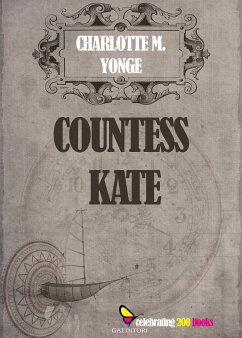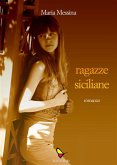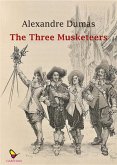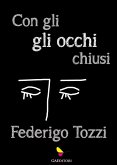Countess Kate is a little girl who at the opening of the story springs to the style and dignity of the Countess of Caergwent, from the humble position of plain Kate Umfraville, an orphan dependent for protection and education on her charitable uncle, Mr Wardour, who is the clergyman of St. James's, Oldburgh. On her elevation to the peerage, Kate is taken from the country parsonage, and brought to London, where she is placed under the charge of two excessively decorous old-maid aunts, Ladies Barbara and Jane Umfraville, who live in Bruton Street, and by the aid of carriage, horses, butler, and lady's-maid, protect their delicate constitutions and patrician tastes from close intercourse with the vulgar. The principal fun of the tale turns on the excruciating torture which these fastidious gentlewomen experience in witnessing and vainly endeavouring to correct the hoydenish manners and rustic style of the niece who, in a scarcely intelligible manner, has become the possessor of the family honours. Goaded into fury by Aunt Barbara's incessant reproofs and lectures, Countess Kate seizes an opportunity for escaping from the genteel captivity of Bruton Street, slips on bonnet and cloak, runs to the nearest cab, drives to a railway station, and makes good speed to her old friends at Oldburgh, where she is received with as much surprise as kindness. Charlotte M. Yonge, English novelist who dedicated her talents as a writer to the service of the church. Her books helped to spread the influence of the Oxford Movement, which sought to bring about a return of the Church of England to the High Church ideals of the late 17th century. With this book GAEditori celebrates the two hundred publications.
Dieser Download kann aus rechtlichen Gründen nur mit Rechnungsadresse in A, B, BG, CY, CZ, D, DK, EW, E, FIN, F, GR, HR, H, IRL, I, LT, L, LR, M, NL, PL, P, R, S, SLO, SK ausgeliefert werden.









